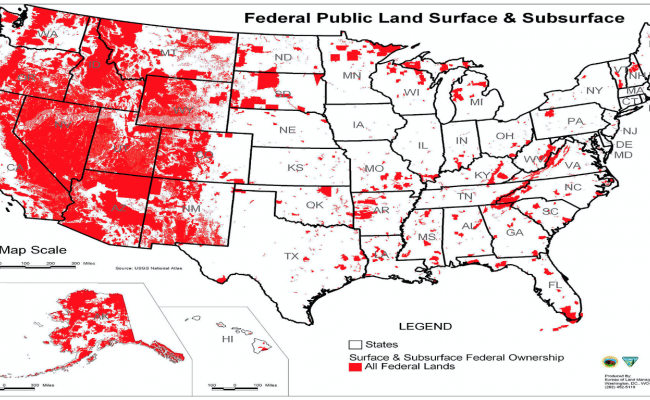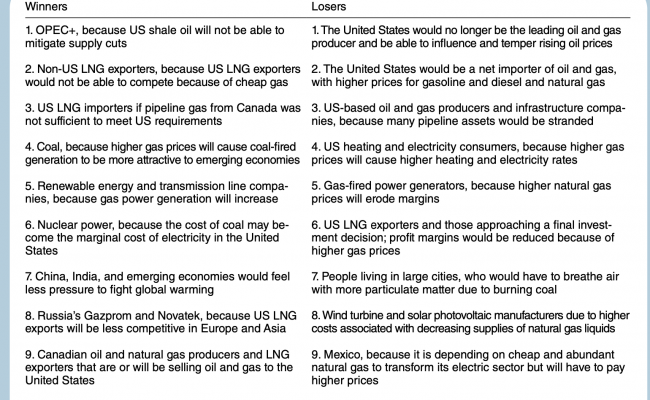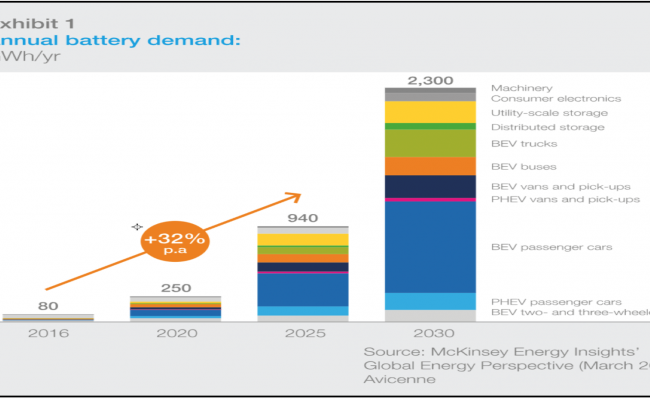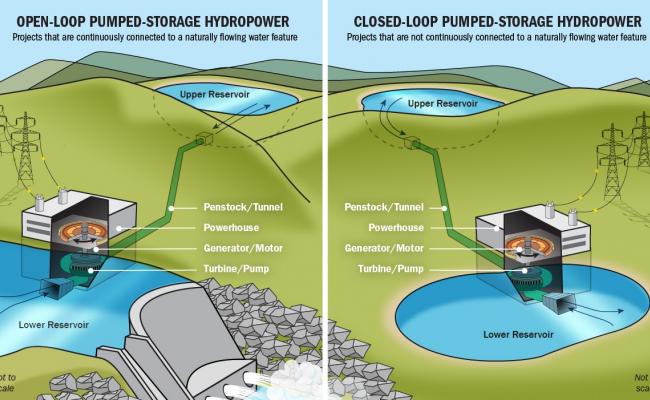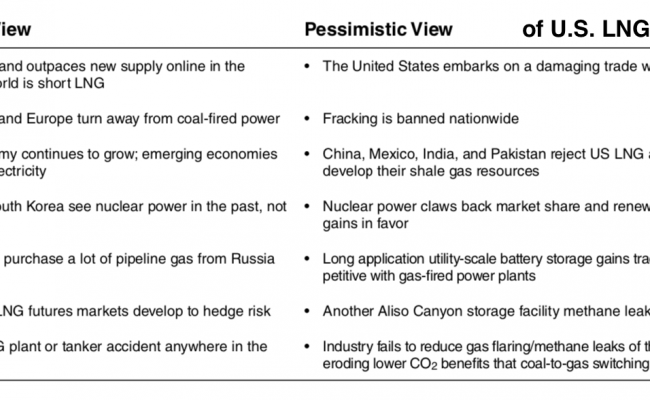New NEPA Reforms could delay Renewables and Clean Electric Transmission
On July 16, 2020, the President’s Council on Environmental Quality (CEQ) finalized an overhaul of the guidelines for implementing the National Environmental Policy Act (NEPA) regulations (rule). Supporters of the new regulations applauded the changes, but the states and numerous national environmental groups vowed to challenge the new rule in the courts. The timing of the final rule just prior to the Presidential election in November will also create a great deal of uncertainty for projects currently undergoing NEPA reviews and possible delays by those planning projects. Read more

